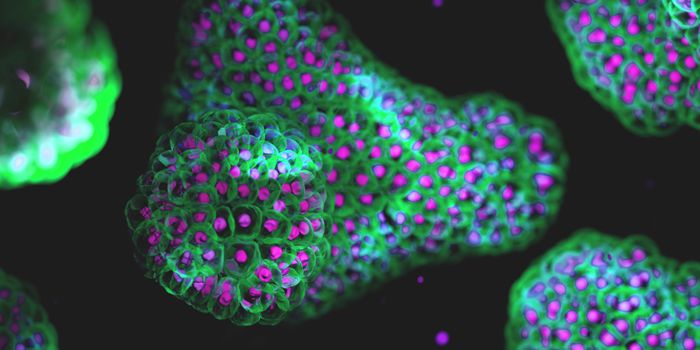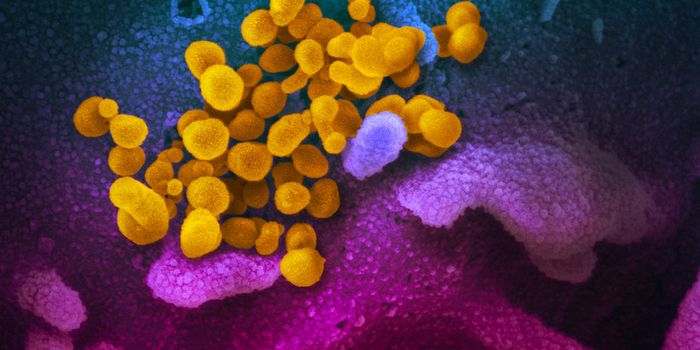Serotonin-Generating Gut Microbes are ID'ed, May Aid IBS Treatment
The vast community of microorganisms in the gastrointestinal tract–the gut microbiome, is closely connected to many aspects of human heath, one of which is digestive function. The gut microbiome is also directly connected to the brain, for example, through the vagus nerve, and some gut microbes even generate neurotransmitters. Now scientists have identified gut microbes that produce the neurotransmitter serotonin in a bioactive form. The study also showed that stimulating these microbes to release serotonin could work as a treatment for irritable bowel syndrome (IBS). The findings have been published in Cell Reports.
There are a few suspected causes of IBS, which is a common gut disorder that causes abdominal cramping and pain, constipation, and diarrhea. IBS has been associated with disruptions in the gut microbiome.
More than 90% of the body’s serotonin is produced in the gut, where it helps regulate the guts’s nervous system, and control bowel movements. The composition of the gut microbiome is thought to affect how much serotonin is generated. In this study, scientists wanted to determine whether the serotonin that is made by gut bacteria is biologically active.
They focused on two gut microbes that are known to generate serotonin: Limosilactobacillus mucosae and Ligilactobacillus ruminis. The investigators put these microbes into mice that had been otherwise totally free of gut microbes, a model known as germ-free mice. When this happened, serotonin levels increased in the mouse guts, and the density of neurons in the colon also increased. Transit time through the intestine was normalized as the guts’ movements were properly controlled.
This study also showed that IBS patients carry lower levels of the L. mucosae gut microbe compared to unaffected individuals.
"Our results indicate that certain intestinal bacteria can produce bioactive serotonin and thus play an important role in intestinal health and open new avenues for the treatment of functional gastrointestinal disorders such as IBS," noted penultimate study author Magnus Simrén, a Professor at the University of Gothenburg.
"Our findings indicate that intestinal bacteria can form signaling substances such as serotonin, which may be the key to understanding how the intestine and its inhabitants can affect our brain and behavior," added senior study author Fredrik Bäckhed, a Professor at the University of Gothenburg.
Sources: University of Gothenburg, Cell Reports









